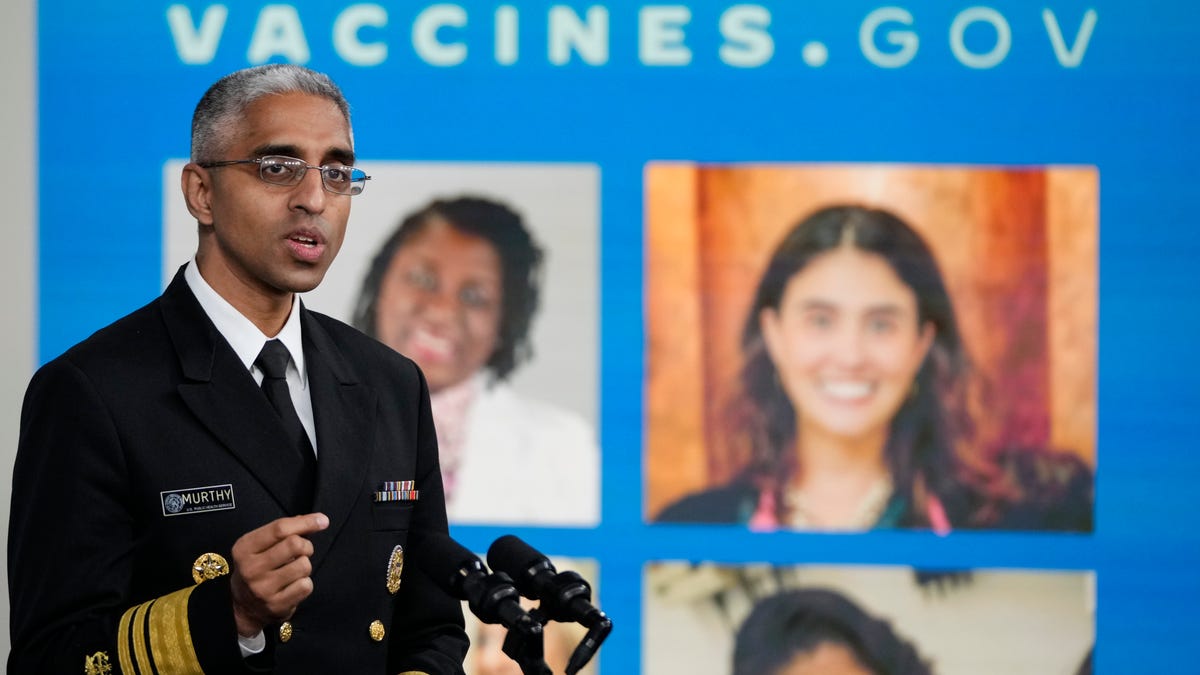Surgeon General Reportedly Asks Big Tech for Data on COVID-19 Misinformation
The goal is to reportedly understand the scope of COVID-19 misinformation on major online platforms

Surgeon General Vivek Murthy is asking tech companies about COVID-19 misinformation on their platforms.
US Surgeon General Vivek Murthy has asked major online platforms to hand over data about COVID-19 misinformation on their services, The New York Times reported Thursday. The request is for information about the spread of misinformation on social networks, search engines, instant messenger apps and online shopping sites.
Companies were asked to report sources of misinformation, the number of people exposed and their demographic information to check if certain groups were disproportionately impacted, according to The New York Times. The companies reportedly have until May 2 to comply.
The surgeon general and the Biden administration have called out online misinformation as a major health problem before. In 2021, Murthy called COVID-19 misinformation an "urgent threat" and President Joe Biden said vaccine misinformation was "killing people" after initially pointing the finger at tech platforms including Facebook. At the time, Facebook said the accusation wasn't "supported by the facts" and that its COVID-19 hub had directed 2 billion people to reliable information about the disease and vaccines.
According to data from the Center for Disease Control and Prevention, unvaccinated people are more likely to face serious illness or death from COVID-19.
Conspiracy theories and misinformation about the safety and effectiveness of vaccines and masks have proliferated online throughout the COVID-19 pandemic. Both have been proven safe and useful in protecting against that disease. Research showed that misinformation received more attention than factual information during the 2020 US election. Several recent high-profile cases have kept the issue in the spotlight. In January, some musicians pulled their music from Spotify amid public outcry over COVID-19 vaccine misinformation on the popular podcast The Joe Rogan Experience. In February, a whistleblower complaint was filed against Meta, the parent company of Facebook, over what the company told its investors about misinformation on its platform.
The surgeon general's office didn't immediately respond to a request for comment.
The New York Times report doesn't name specific companies that got the requests for information. CNET has reached out to Amazon, Google, Meta and Twitter, but the companies didn't immediately respond.

